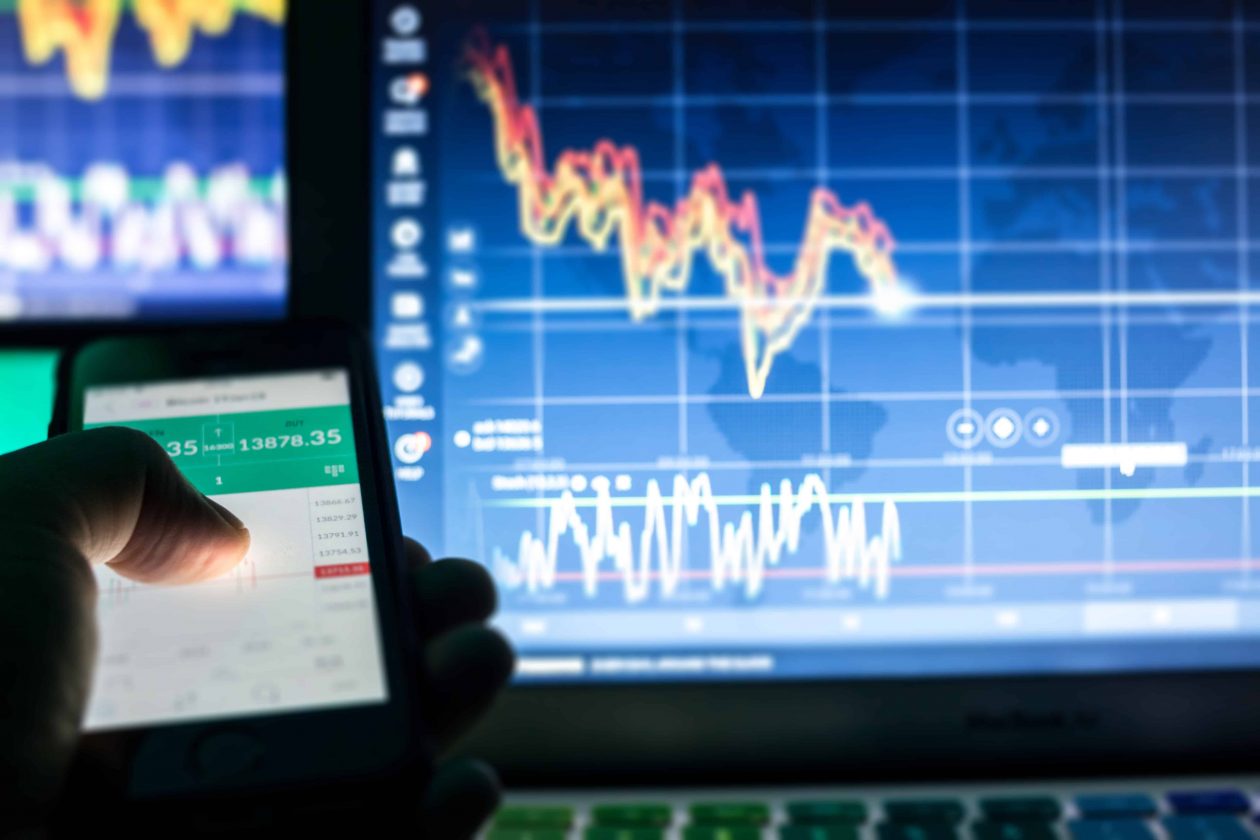Chinese telecommunication giant Huawei continues to produce blockchain-based services for government and enterprise, demonstrating key support in the burgeoning technology.
“Blockchain is a very important technology for the future, and we have invested heavily in the R&D of the Blockchain technology,” said Jason Cao, president of the global financial services business unit of Huawei Enterprise Business Group, at a press conference in Beijing last week.
Huawei was an early proponent of blockchain technology. In 2018, the company published the “Huawei Blockchain Whitepaper” and introduced its Blockchain Service (BCS), an enterprise blockchain cloud service product that combines the blockchain platform with Huawei’s hardware to provide a faster and safer end-to-end blockchain solution.
“We have applied blockchain technology to government services, financial services, and taxation,” Cao said. “We have also created apps based on blockchain for our own in-house teams to utilize.”
Among its latest products, Huawei released its “government cloud big data solution 3.0” last week, which uses blockchain technology to facilitate safe and reliable circulation of data between different government departments, said Zhao Xiaoliang, Huawei’s director of urban digitalization product management, at the recent China International Big Data Industry Expo.
Huawei is also testing out blockchain technology in its in-house supply chain finance system. It used a self-designed blockchain platform to solve trust issues between upstream and downstream partners in the supply management system.
“The problem is if one of our channel partners needs capital and they cannot prove to banks they are creditworthy,” said Cao during an online media round table last week. “In such cases, we connect the channel partners and banks in a blockchain so that the banks can see this channel partner is about to receive revenue from its lower-level agency or distributor so that the banks can trust it and provide loans to it. In this way, they can meet their financial needs.”
Blockchain is one of the core technologies Beijing is investing in to lead the next wave of digital transformation in China. In a meeting with senior leadership in October 2019, President Xi Jinping praised blockchain as a breakthrough technology and urged a national strategy to foster more research, development and investments.
Blockchain was mentioned in the 14th five-year plan, released in March this year, a guiding document for the country’s future social development and economic growth.
Huawei’s business development closely follows Beijing’s signals. In 2018, Huawei announced it would cooperate with BTC.com, a blockchain-based browser to develop a crypto app. However, it never launched in Huawei’s app store, as Beijing’s crypto-related regulations have tightened in recent years.
“Some say blockchain is the next generation of infrastructure. We think it’s very important,” Cao said. “It will become a general-purpose technology and it will find applications in multiple domains.”

